Department Of Surgical Gastroenterology
Doctors practicing in this field are called gastroenterologists.
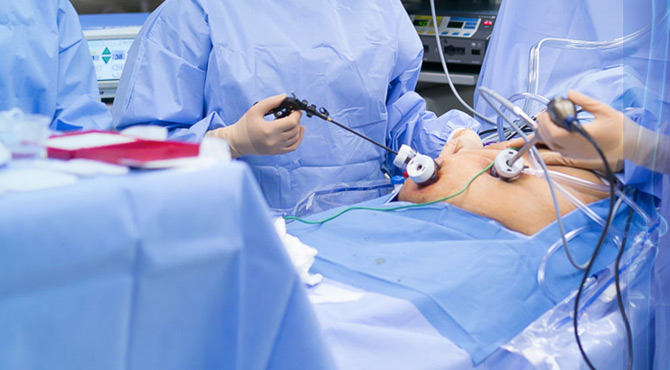
They have usually completed about six years of medical education, a year-long internship, three years of general surgery residency, and three years residency in the surgical gastroenterology department. Surgical Gastroenterologists perform a number of surgical procedures along with colonoscopy, esophagogastroduodenoscopy (EGD) and liver biopsy. Innovations and technological advances changed the way of treating many gastrointestinal diseases in the last decade. Grossly, Surgical gastroenterology was subdivided into Upper GI , Colorectal and Hepato-pancreatico-biliary (HPB) surgery branches as subspecialties. Abdominal wall diseases like hernias evolved into a separate speciality in the recent past. Surgeries in these specialities can be done either by traditional open methods or by minimal access surgery techniques like laparoscopy/thoracoscopy.
Surgical Gastroenterology in vijayawada
View More DetailsDepartment Of Upper Gi Surgery
The upper gastrointestinal system includes the oesophagus (the food pipe), the stomach (food reservoir) and the duodenum (the first part of the small intestine). Common problems in this division include acid peptic disease, dyspepsia, achalasia cardia, hiatus hernia, gastric outlet obstruction, accidental ingestion of foreign bodies, corrosive injury esophagus, oesophageal cancer and gastric cancer. Other less common disorders including oesopahgeal diverticula, oesophageal leiomyoma, oesophageal perforation, tracheoesophageal fistula etc. Thoracoscopy, a novel technique of entering the thoracic cavity helps avoiding bigger incisions or opening of rib cage for surgical procedures on oesophagus. With this throacoscopic technique, outcome of oesophageal cancer treatment showed better results.
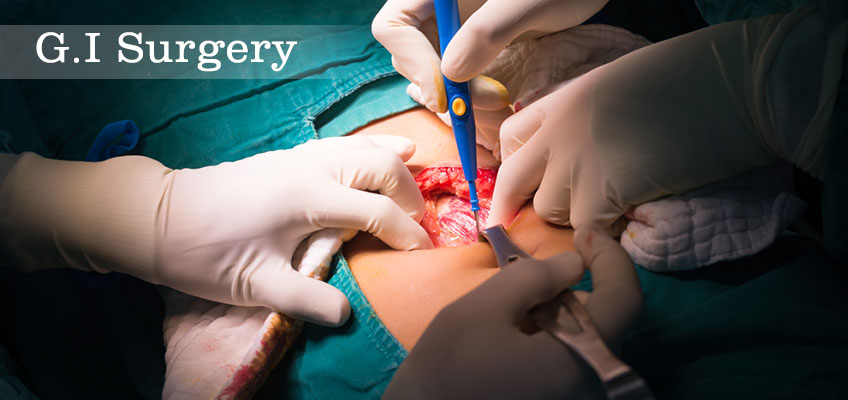
Upper Gi Surgery in vijayawada
View More DetailsDepartment Of Colorectal Surgery
Department of Colorectal surgery (Coloproctology): This department covers disease of large intestines (colon), Rectum, Anal canal and Appendix. Common problems include colon infection, Inflammatory bowel disease (Ulcerative colitis, Crohn’s disease), Irritable bowel syndrome, Diverticular disease , Appendicitis, Intestinal Obstruction etc. Proctology covers Rectal prolapse, Anal fissures, Fistula, Haemorrhoids (piles), Pilonidal sinus etc. Cancers of the colon and rectum form the majority of the work in theis department. Colonoscopy helps in detection of colon cancers in the early stages. By treating in early stages even radiation therapy and chemotherapy can be avoided. Polyp detection and Classifying polyps helps in assessing risk of getting colon cancer. Diseases that run in families like FAP (Familial adenomatous polyposis), HNPCC require specialist care. Laparoscopic Colorectal Cancer surgery has advanced and has become norm for early stages of colorectal cancer. Our index case in the Vijayawada was actually “Laparoscopic Abdominoperineal resection” done for cancer of the distal rectum, discharged on fourth day of hospitalisation.

However, it is colon cancer, which is the second most frequent neoplasm in both sexes, that is the main cause of surgical indication. CRC is a high-risk surgery that usually entails an average hospital stay of 12–14 days, which in most cases was not due to high morbidity but was in fact owing to a global perioperative approach responsible for this length of hospital stay. Best Colorectal Surgery in vijayawada
Colorectal Surgery in vijayawada
View More DetailsDepartment Of Hepato-Pancreatico-Biliary Surgery
Hepato-pancreato-biliary (HPB) surgery consists of the general surgical treatment for benign and malignant diseases of the liver, pancreas, gallbladder, and bile ducts. These are among the most challenging and complex surgical procedures performed and require a high degree of expertise and skill.
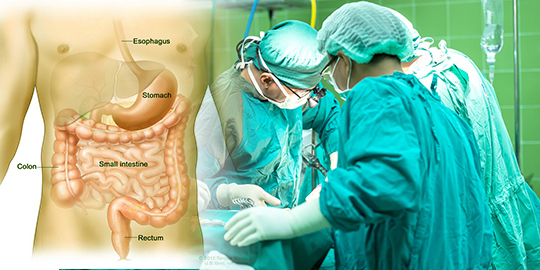
We have a dedicated surgeon and team members, personally interested in this field who are committed to the diagnosis and treatment of complex diseases of the liver bile duct, gallbladder and pancreas. Gall bladder stones and its complications are the common conditions we encounter. Pancreas diseases like acute / chronic pancreatitis, pancreatic duct stones, strictures , pancreatic cancers , periampullary tumours , obstructive jaundice are treated with utmost care. Liver tumours requiring liver resection i.e removal of half of the liver or part of the liver are performed with best results in the city. Other conditions treated in this department include gall bladder polyps, choledochal cysts, liver abscess, liver hemangionma, adenomas, cholangiocarcinoma etc. Our team specialises in minimally-invasive approaches including laparoscopic and endoscopic techniques. We are one of the few surgeons in the country ventured into minimally invasive laparoscopic Whipples procedure i.e Laparoscopic pancreaticoduodenectomy !
Hepato-Pancreatico-Biliary Surgery in vijayawada
View More DetailsDepartment Of Hernia Surgery
Laparoscopic hernia surgery had shown excellent results in terms of shortened hospital stay, early discharge, less pain and early return to work. Best Laparoscopic hernia surgeon is an asset to our centre. Minimal access surgery
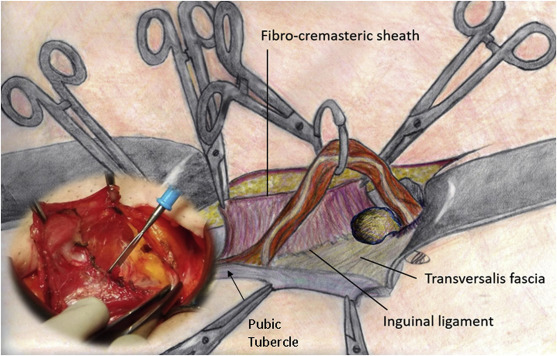
Advantages
Less pain
Less or no scar
Less blood loss
Lesser hospital stay , early discharge & early return to work
Lesser risk of future intestinal obstruction and incisional hernia
Hernia Surgery in vijayawada
View More DetailsDepartment Of Minimal Access Surgery - Laparoscopy, Thoracoscopy
Minimal access surgery is completed with one or more small incisions instead of a large incision. The surgeon passes a telescope with a video camera through a small incision (usually only 1/4" long) into a body cavity. The surgeon then views the surgery on a TV monitor.
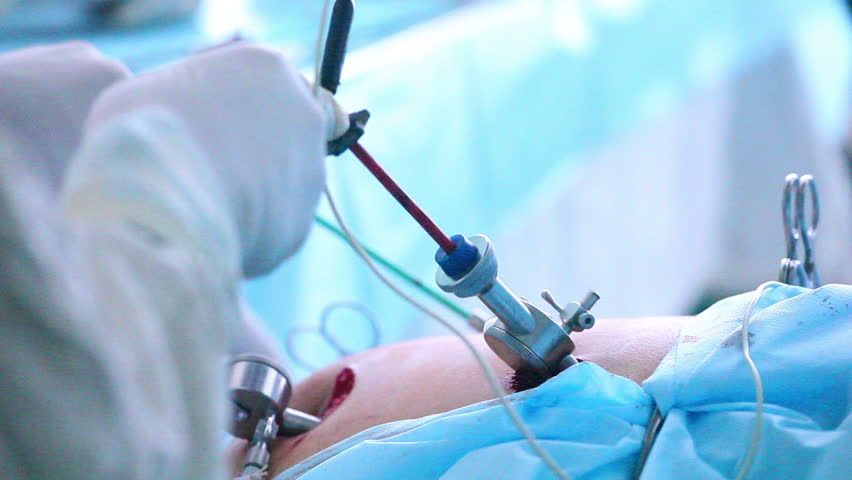
Surgical instruments are then passed through other similar little incisions. The surgeon examines and operates on the area in question by viewing magnified images on a television. When the telescope is used to operate on the abdomen, the procedure is called laparoscopy. When used in the chest, the procedure is called thoracoscopy, and when used in a joint, it is called arthroscopy. Best Laparoscopy, Thoracoscopy in vijayawada
